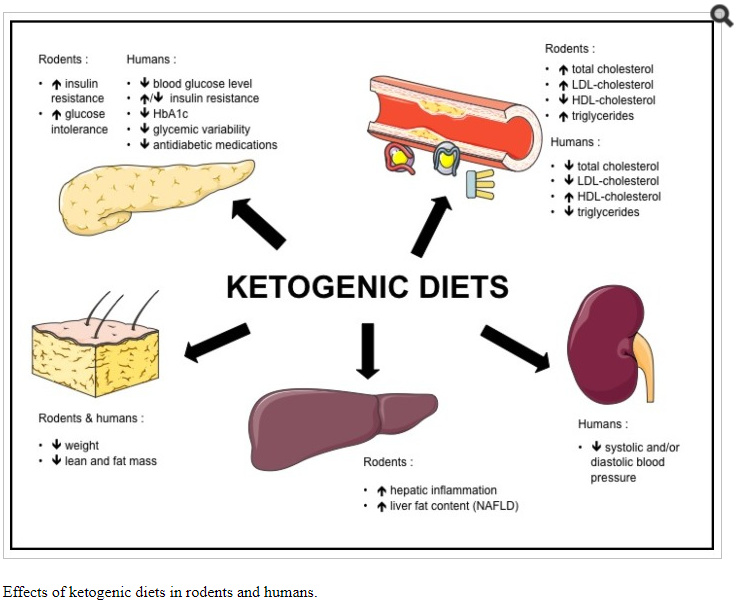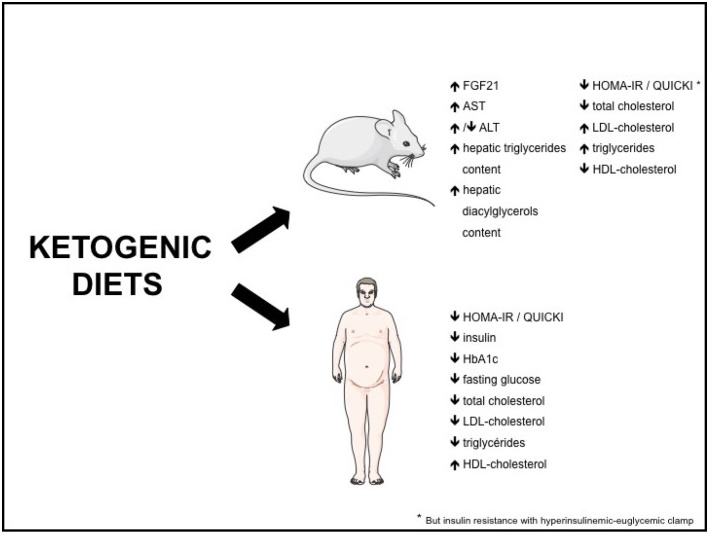I do not understand this study, if anyone can explain. This is an old study from 2010 if it has previously been discussed please point me to it.
One of the main points
“KD increases hepatic lipid content and impairs insulin signaling.
The KD-fed mice developed diet-induced NAFLD with elevated AST and significantly increased ALT plasma concentrations”the ability of insulin to suppress endogenous glucose production was significantly impaired in the KD-fed mice
Seems to imply that a keto diet reduces insulin sensitivity rather than increasing it and promotes liver disease in mice
Another issue was that although the Keto mice weighed less, it was lean body mass that was lower and percentage of fat was the same
gained significantly less weight than the RC-fed mice but showed a significant increase in the percentage of fat mass, without change in percentage of lean body mass (Table 1), suggesting no increase in muscle proteolysis, despite the extreme composition of the KD. However, consistent with the decrease in body weight, total lean body mass was significantly decreased by 16% in the KD-fed mice, whereas total body fat was similar between groups.
Insulin sensitivity in other parts of the body increased but the liver showed a decrease leading potentially to liver disease



